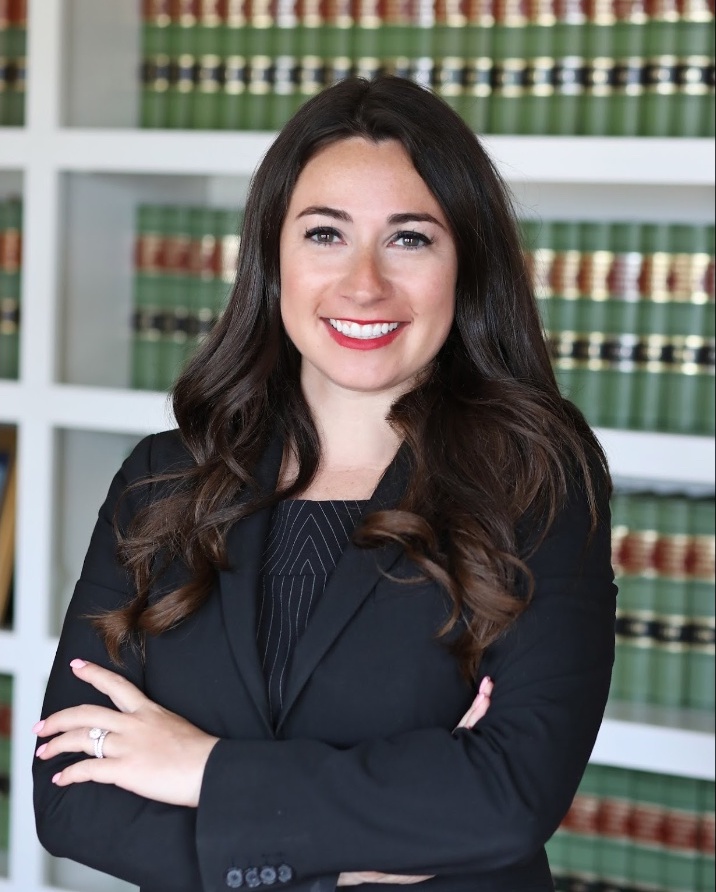
EMANCIPATION OF A CHILD WITHOUT PARENTAL CONSENT
By Victoria E. Paone, Esq.*
Every day judges are called upon to determine the issue of whether a child is emancipated in the context of a divorce or other family part matter. The primary consequences of a determination of emancipation are that a child will no longer be entitled to child support and the financial contributions towards the child’s college education will cease. Although the definition of emancipation is not controlled by reaching a specific age, in most cases emancipation occurs when a child graduates from high school and moves beyond his or her parents “sphere of influence.” It is also common for a child to be considered emancipated following the child’s graduation from college. It is extremely uncommon, however, for a child who turns eighteen to seek his or her own emancipation over parental objection. Many parents wonder whether it is even possible for a child who attends full-time college to become legally emancipated without the consent of the parents.
In a published decision by the Superior Court of New Jersey, the trial court emancipated a child who turned eighteen over her father’s objection. In this case, the parents were divorced and the child (a daughter) sought to be emancipated before entering college because she wished to make her own “independent decisions in life.” While the daughter had a positive relationship with her mother, she believed that her father was using his status as “joint legal custodian” to interfere with her college education. The daughter filed an application to be emancipated despite the fact that emancipation would mean that neither of her parents would be “legally obligated to contribute to her college education costs on a compulsory basis” as might otherwise be the case for divorced parents pursuant to New Jersey caselaw.
As for the parents’ positions, the mother supported her daughter’s decision while the father objected because he believed that his daughter was “too young and too inexperienced” to make her own independent decisions. After a court hearing, the trial court determined that the daughter was “mature, articulate, intelligent, self-composed, and a confident adult, who was very focused and thoughtful in her desire for independence and her contemplated path in life.” Moreover, the trial court found that the father failed to provide any evidence to the contrary. Specifically, the trial court found that there was no proof submitted of “any developmental disability or disorder that might possibly compromise her ability to independently govern her own affairs, history of juvenile delinquency, truancy, or other anti-social behavior, which might give the court concern.”
The trial court further found that the daughter’s age was very important to the analysis. At eighteen, a child may marry, adopt, enter into contracts, serve in the military, draft a Will, sit on juries, and pursue a multitude of adult activities. More importantly, the trial court noted that while parents may never truly feel comfortable in letting go of their children, in certain cases emancipation may be the right decision for the child.
It is important to note that not all children are the same. In the event that your child seeks to be emancipated, you should contact a lawyer. This is an important issue which requires an attorney who is prepared to work expeditiously and who will treat this case with the importance it deserves.
* (Editor’s note: Victoria E. Paone, Esq. is an associate at the Law Offices of Paone, Zaleski & Murphy working out of the firm’s Red Bank office, located at 120 Maple Avenue. Victoria’s professional history includes clerking in Monmouth County for the Honorable Mara E. Zazzali-Hogan for both the Family Part, Chancery Division and Civil Division for 2016-2017. She is currently a member of the New Jersey State Bar, Middlesex Bar Association, Monmouth Bar Association, Monmouth County Legal Aid Society and Aldona E. Appleton Family Law Inn of Court. Victoria limits her practice to divorce, child support, child custody, equitable distribution, alimony, domestic violence, alimony, palimony and all other family law issues. Her monthly column, “Divorce Hotline,” will serve to inform readers as to family law news, advice as to the divorce process, comment on recently published family law cases and more. Paone, Zaleski & Murphy can be contacted at 732-750-9797.)

